

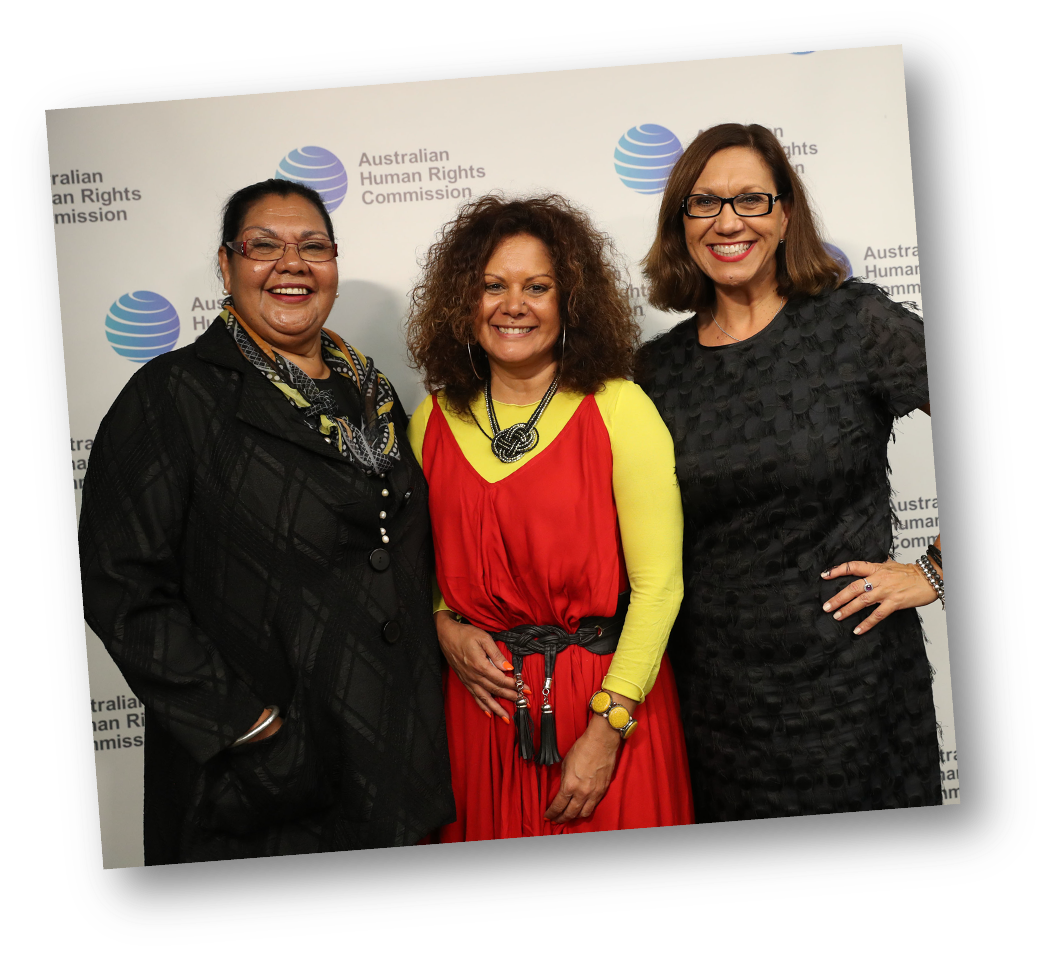
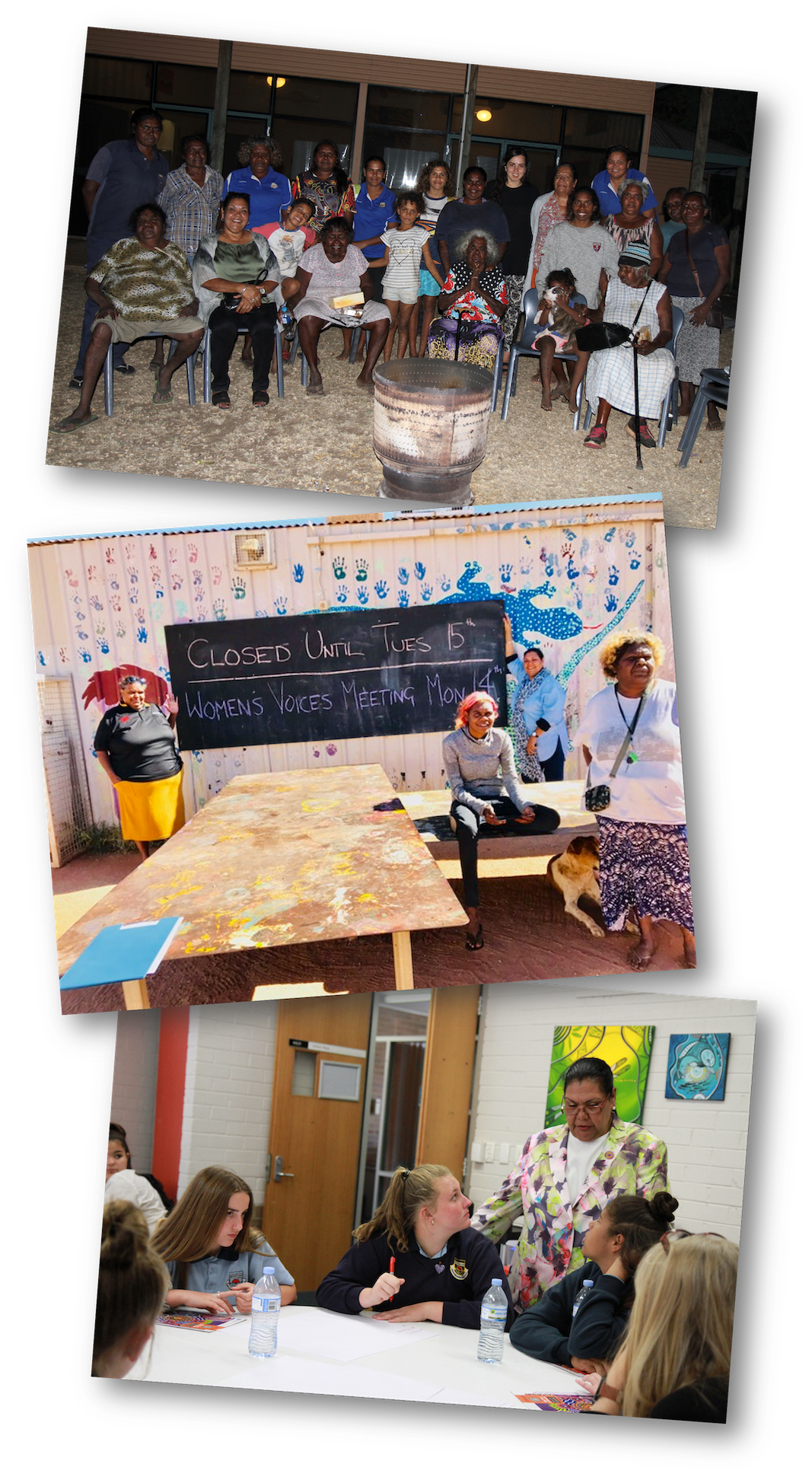
June and her team travelled to 50 locations in urban, regional and remote areas across every state and territory. They conducted 106 engagements and met with 2,294 women of all ages, including senior elders, girls from 12 to 17 years of age, women in prison and Lesbian, Gay, Bisexual, Transgender, Queer or Questioning, Intersex, Asexual, Sistergirl and Brotherboy (LGBTQIA+SB) meeting at the ocean’s edge, around footy fields, inner city community halls, at campfires under expansive starlit skies, prisons, aged care homes, at bush meetings, and in Australia’s political centre to self-determine the way ahead.
Over 100 submissions and 300 survey responses were also received contributing to this collective yarn and sharing – becoming the most comprehensive and intersection engagement with First Nations peoples ever taken place. Each engagement was approached with no set agenda. The central aim was to look beyond the cycles of crisis that have come to characterise First Nations lives,and to make space for women and girls to determine the conversation and define their lives on their own terms.
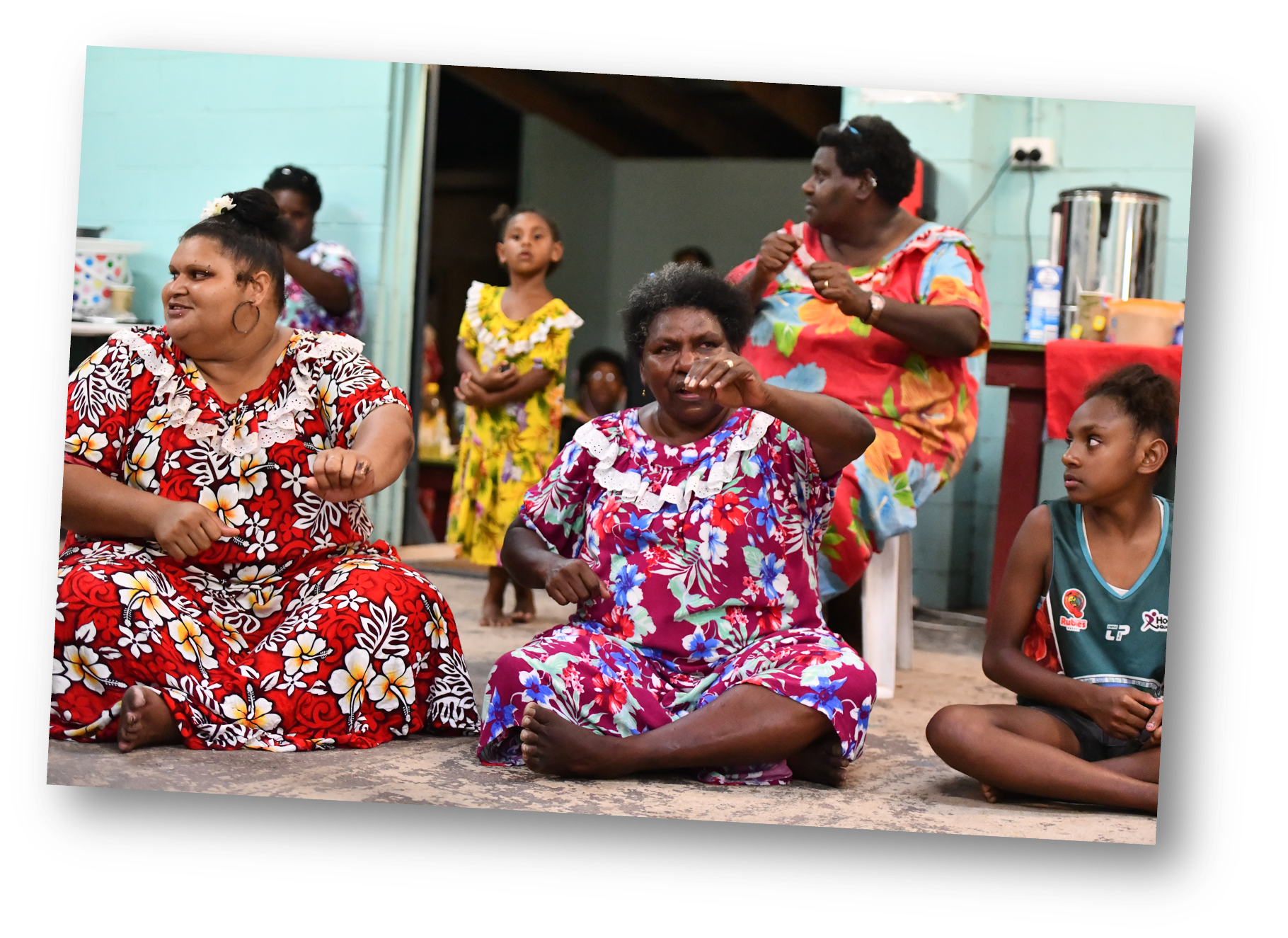
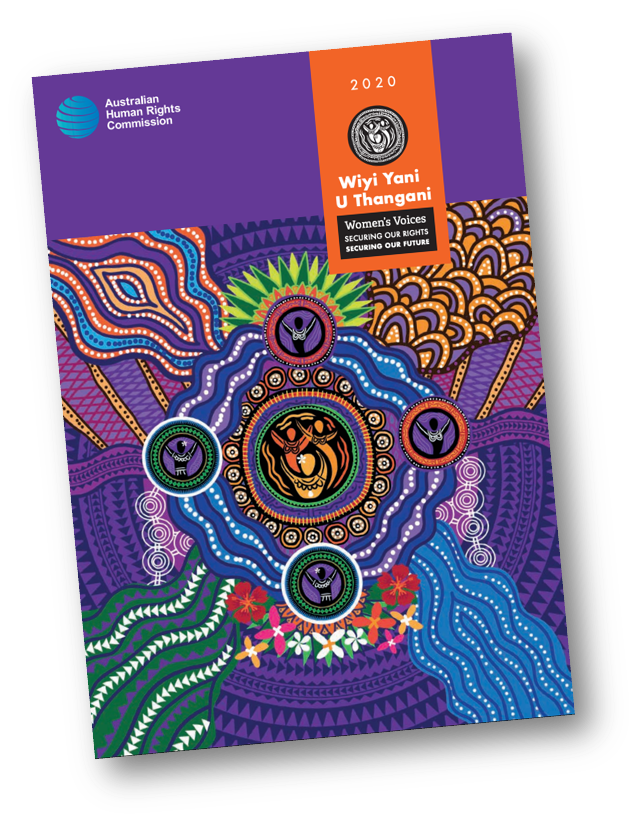

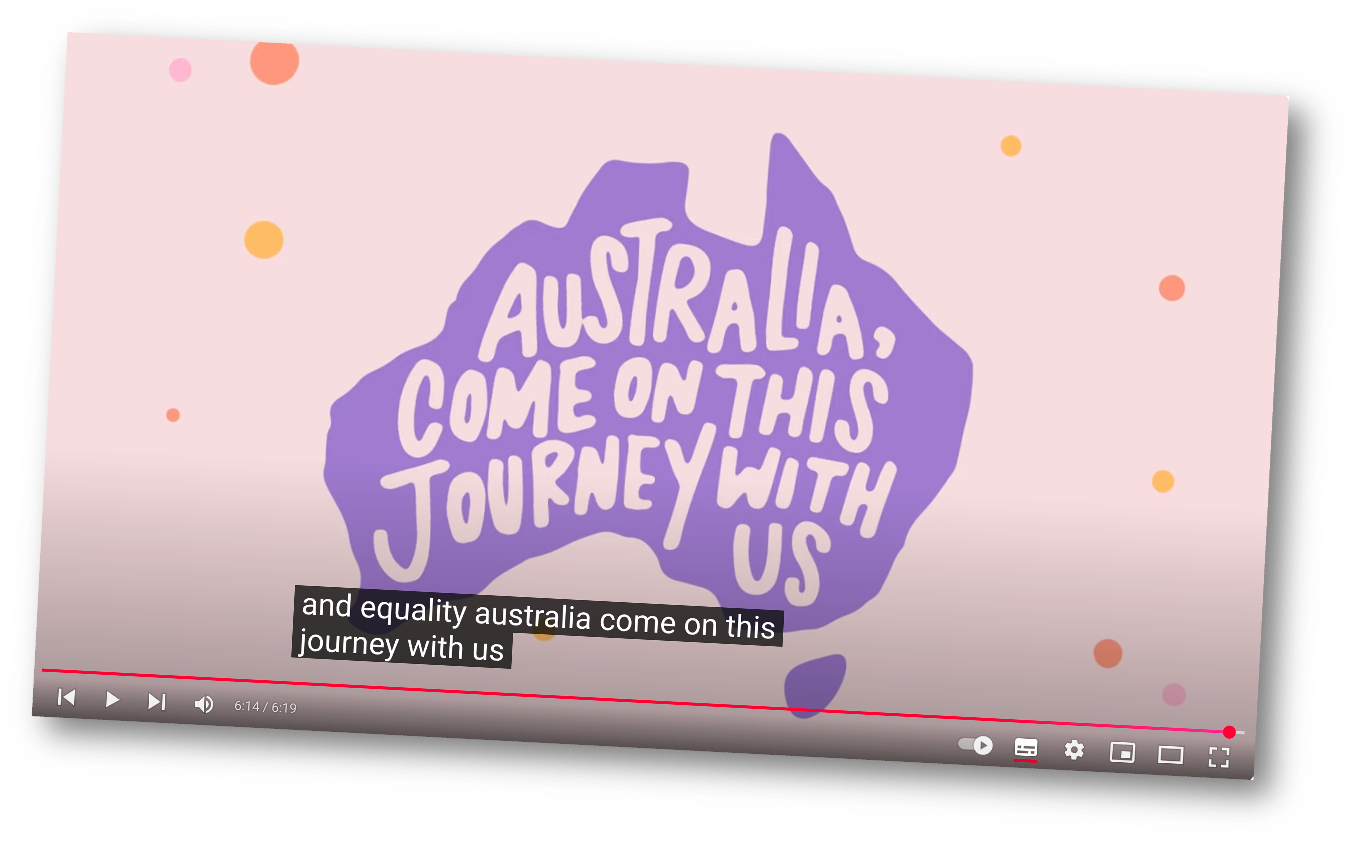
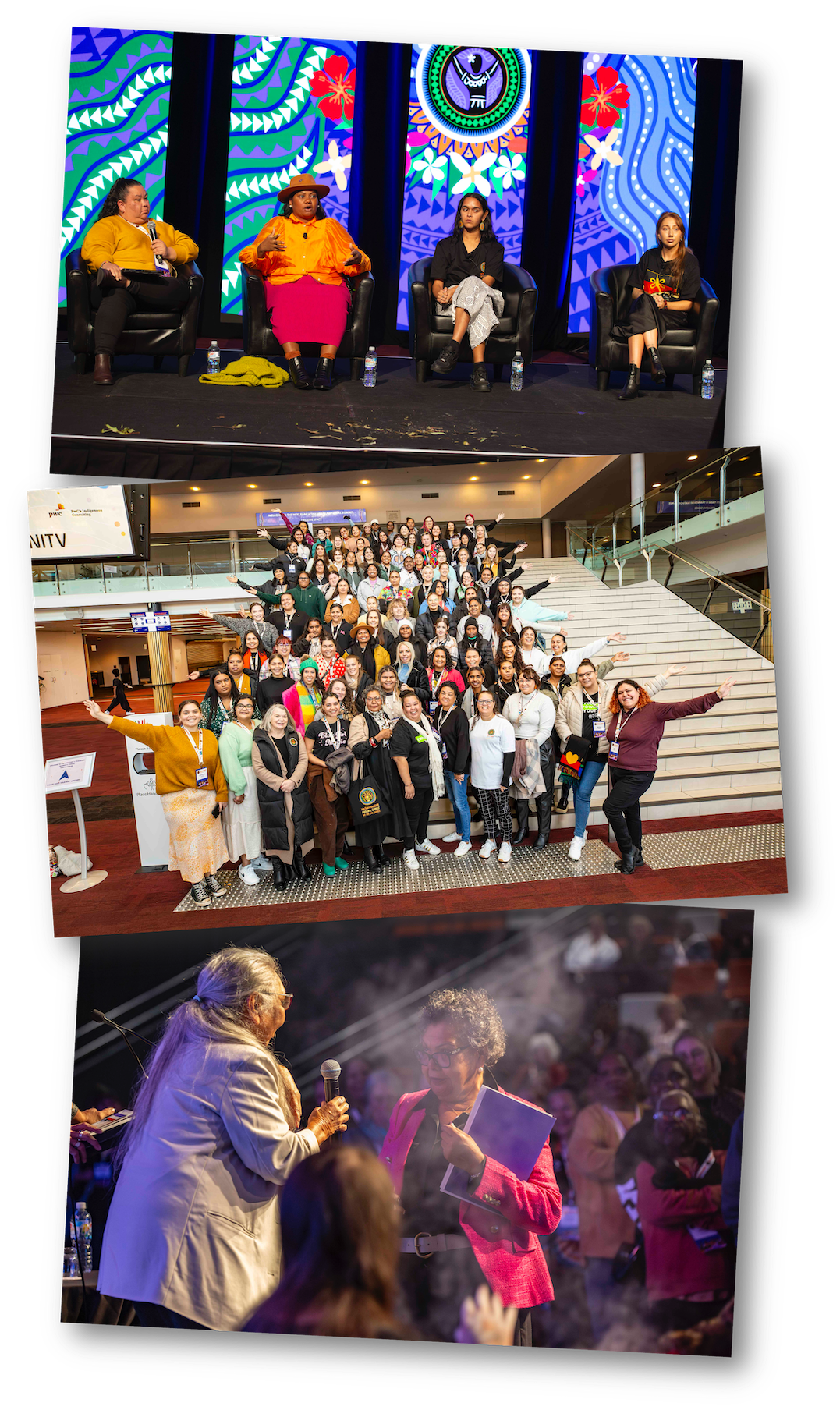
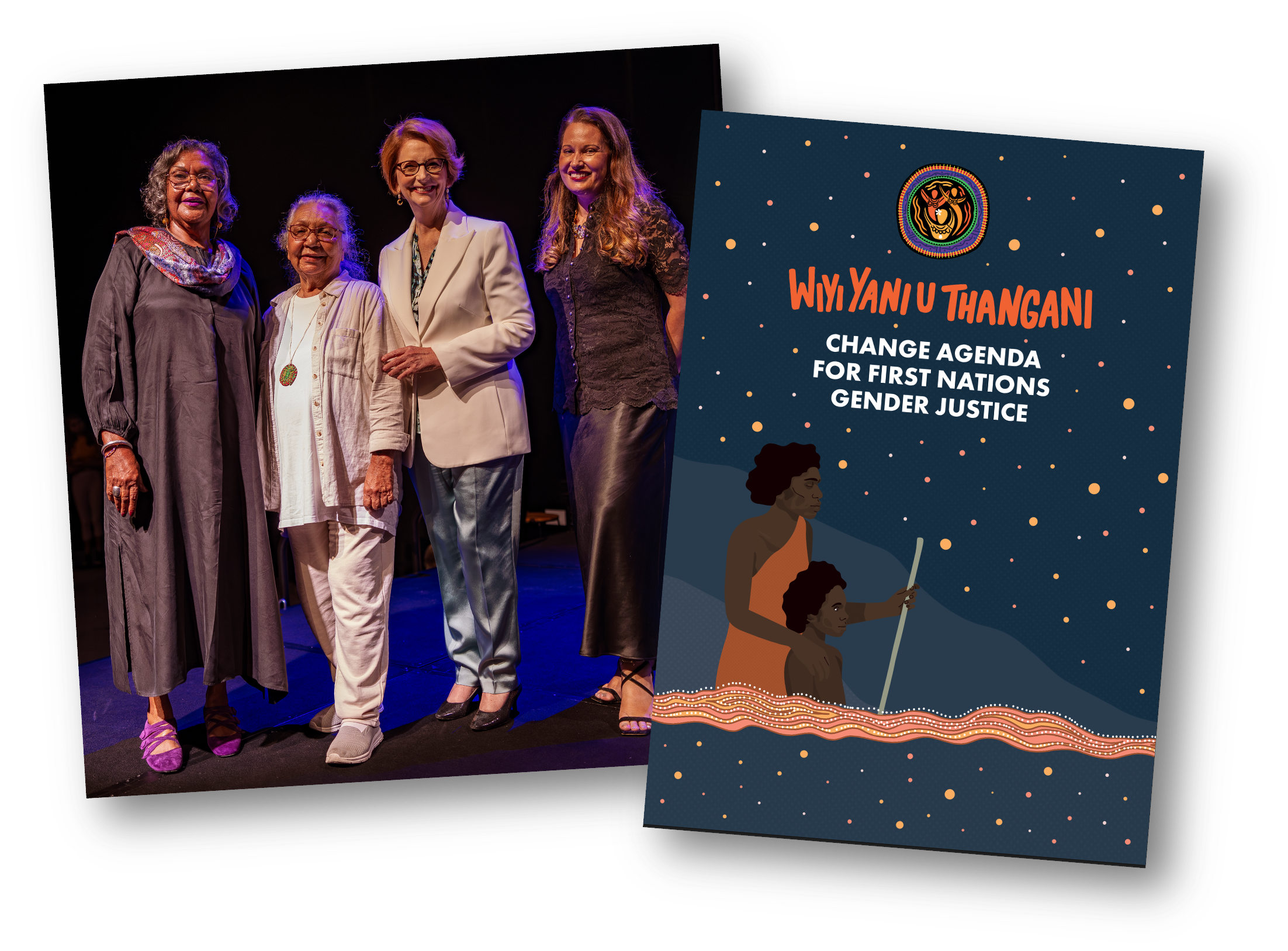
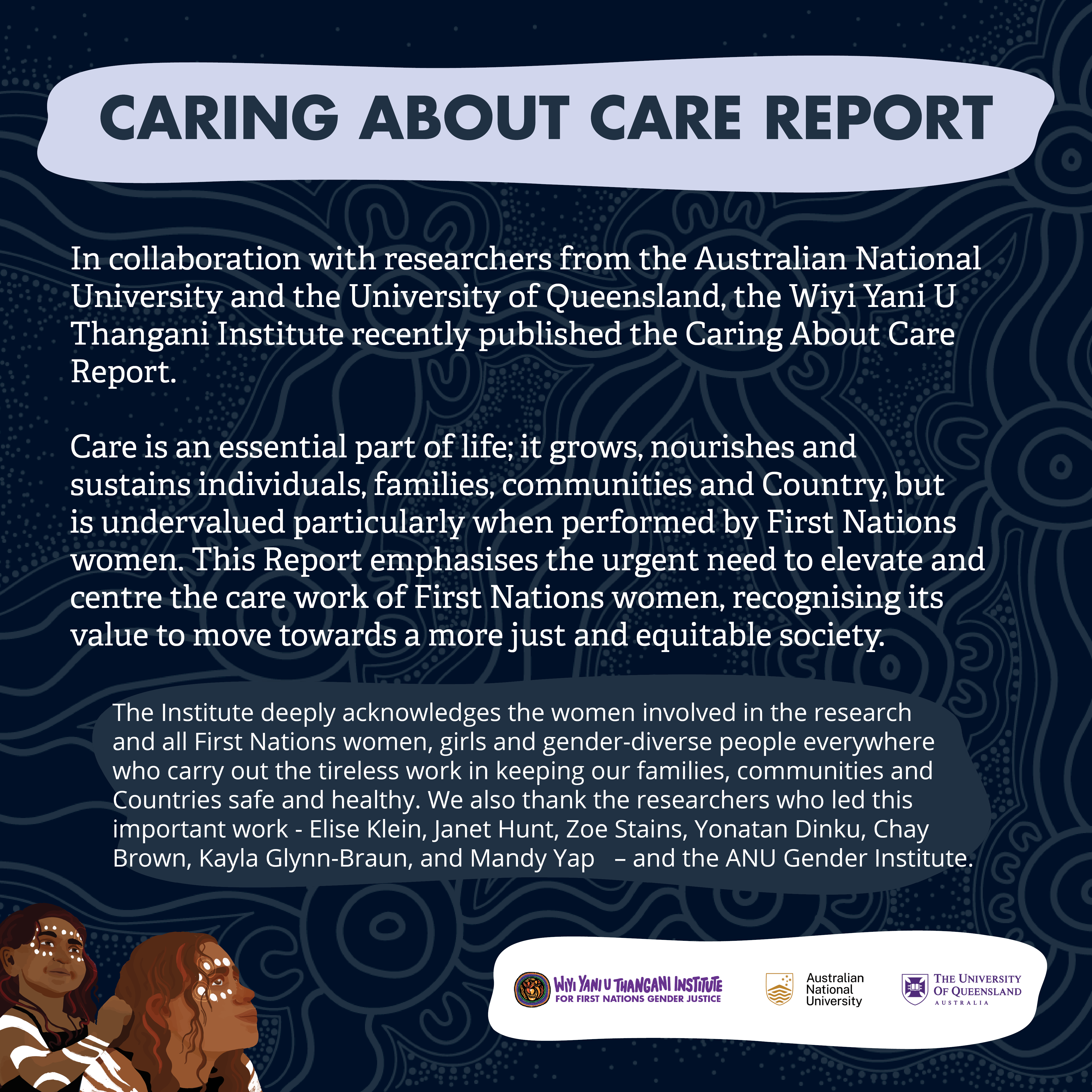
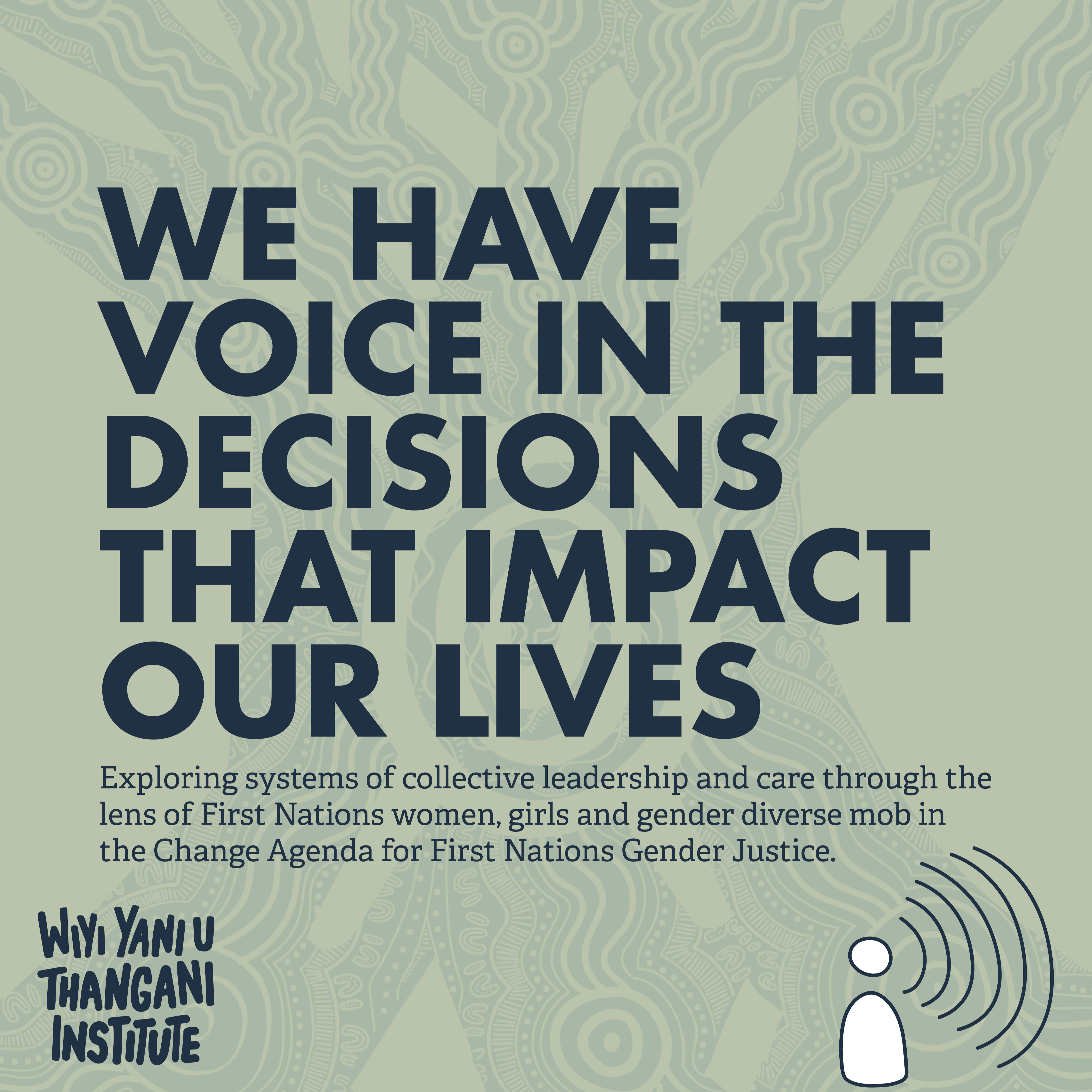
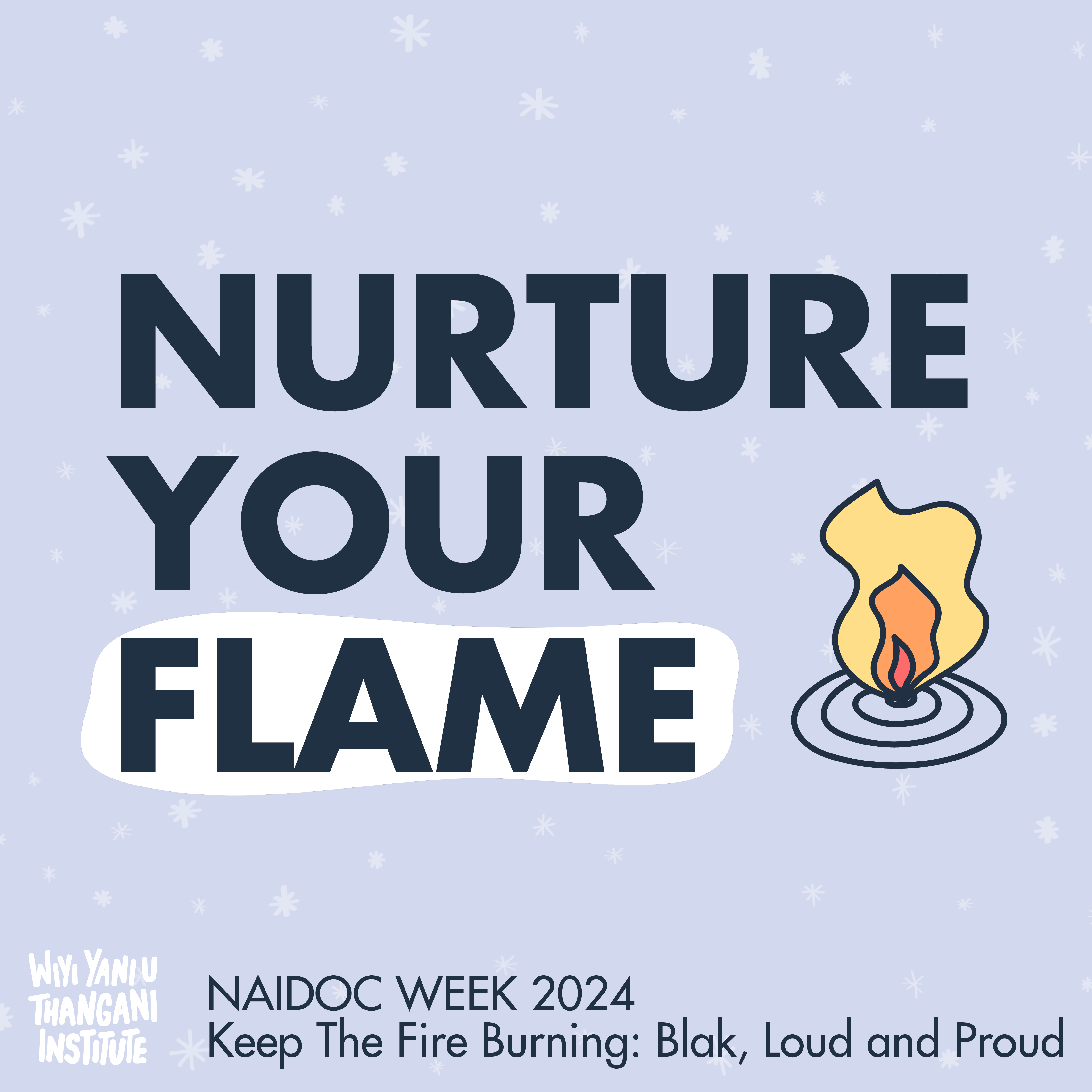
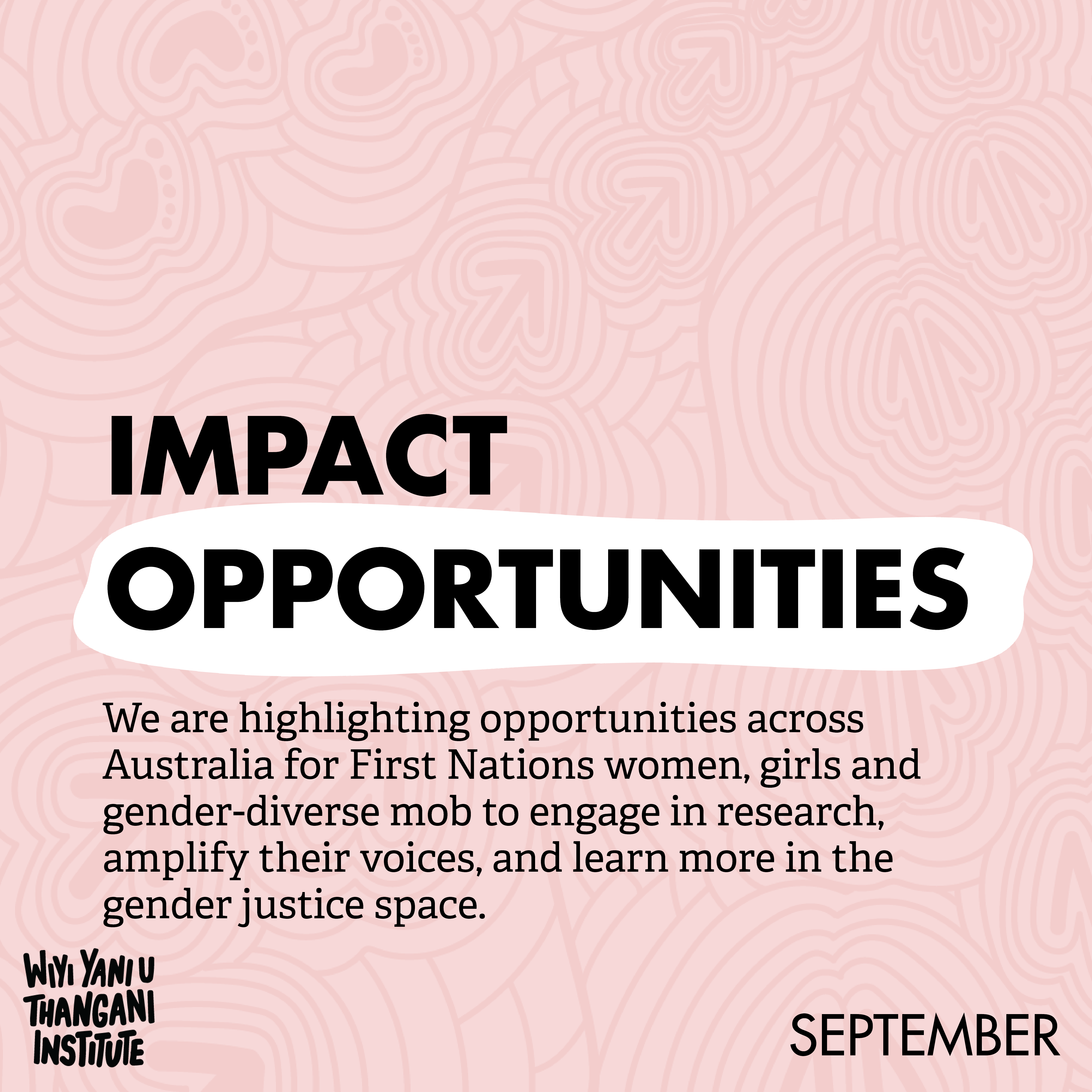
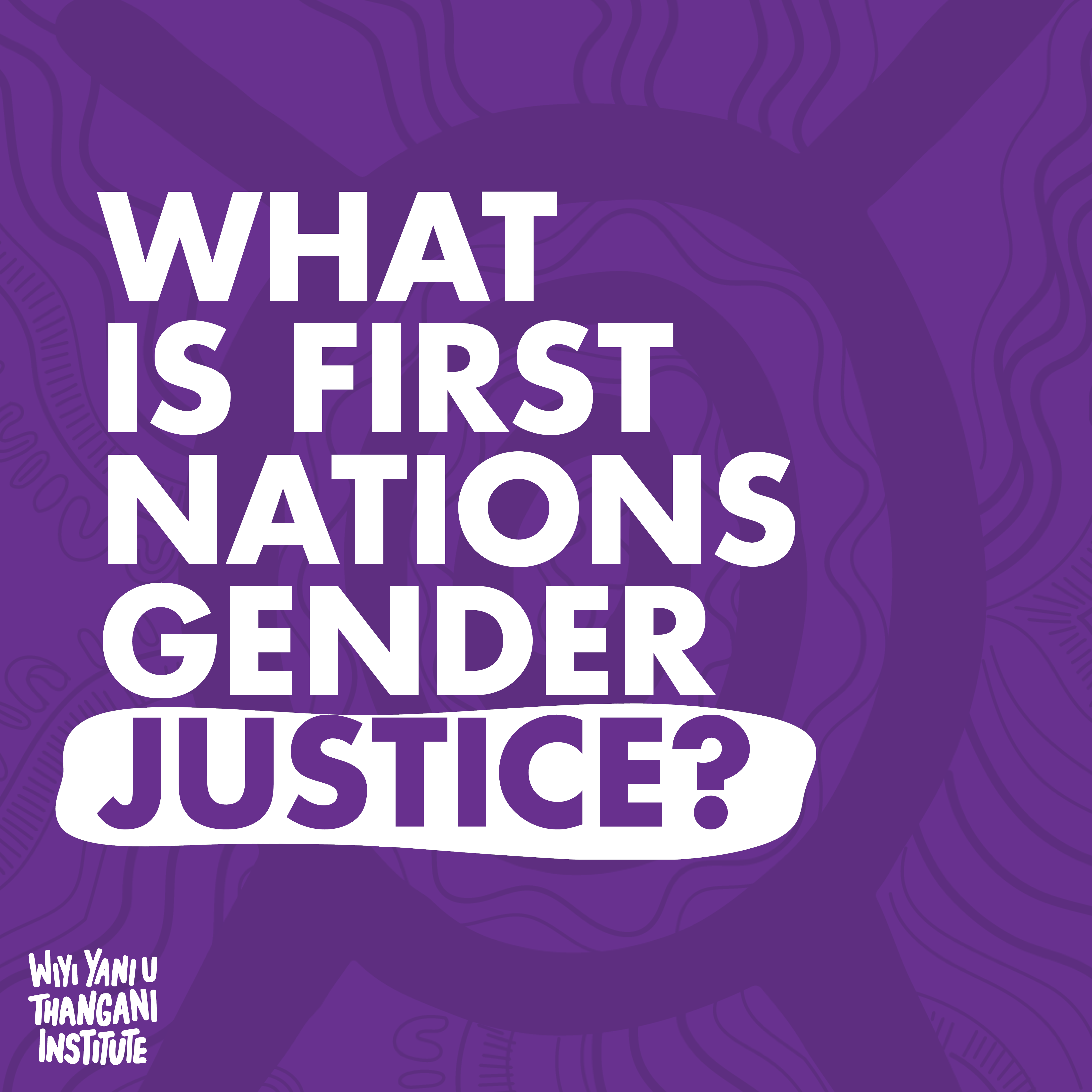


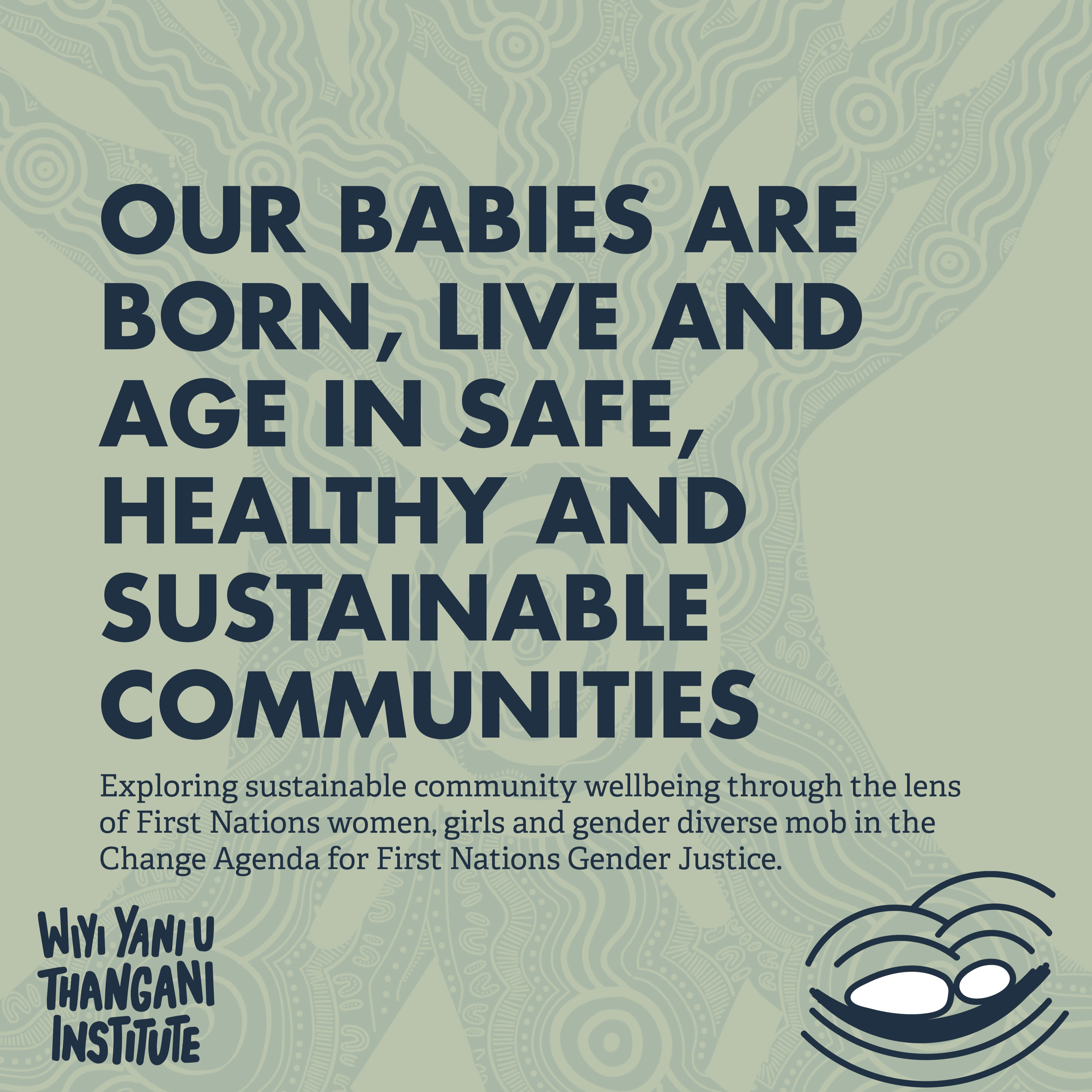
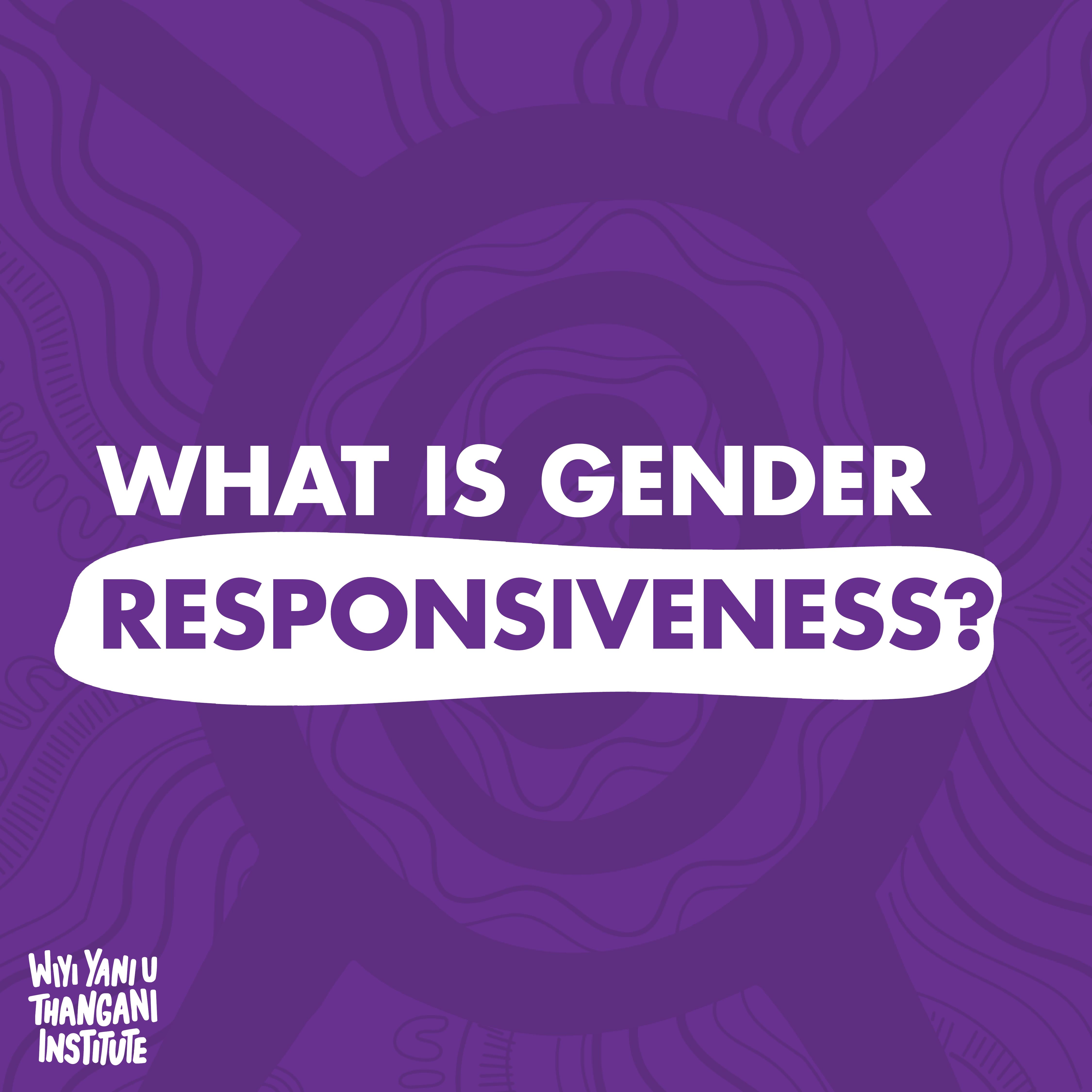


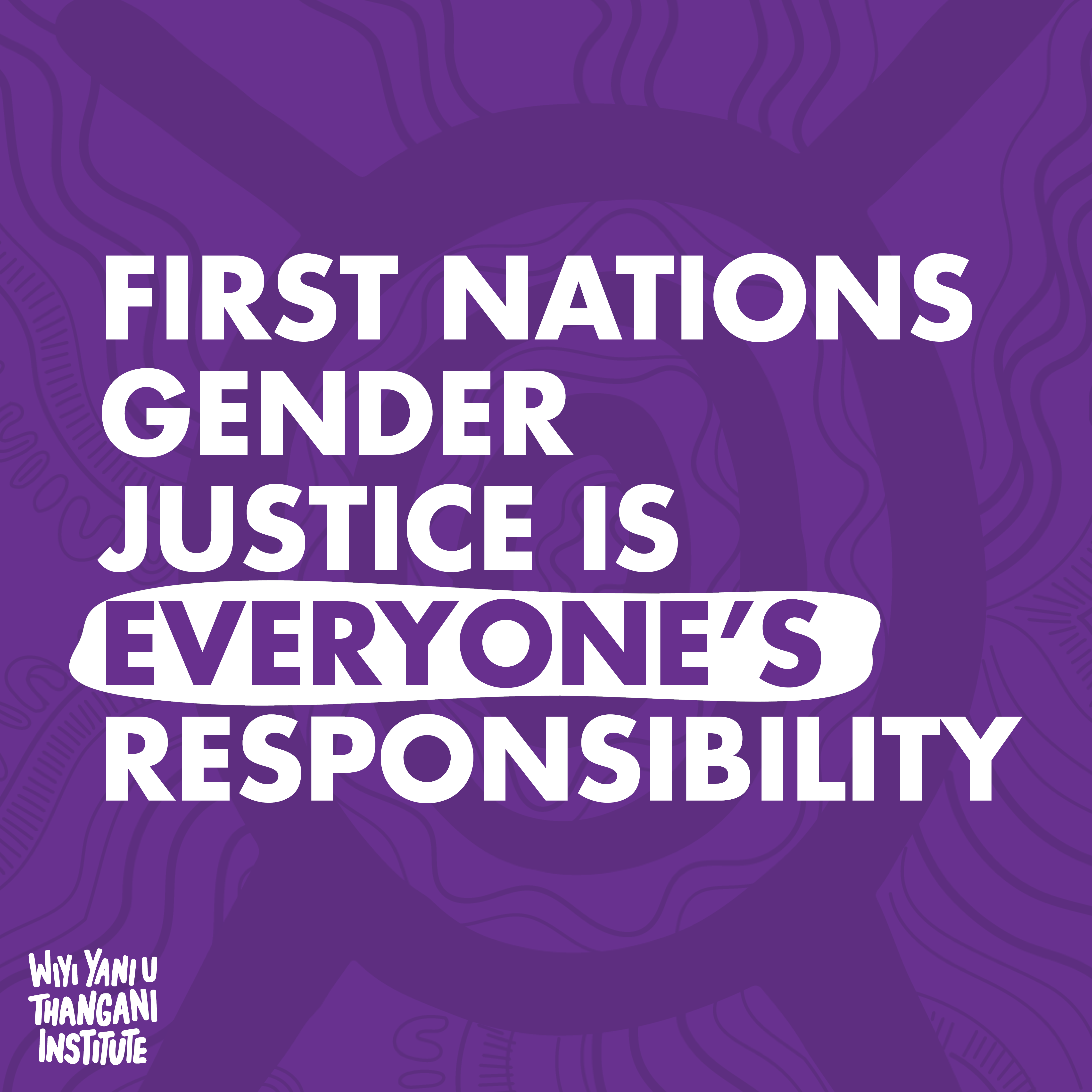





.png)